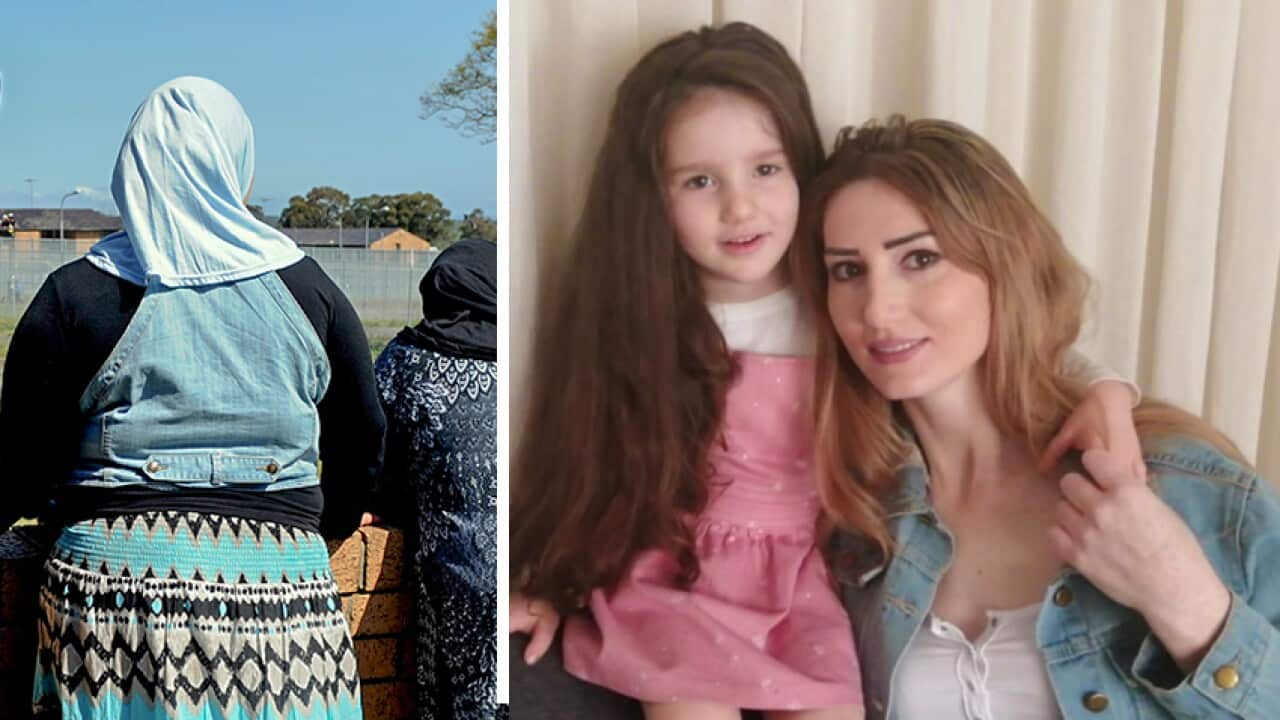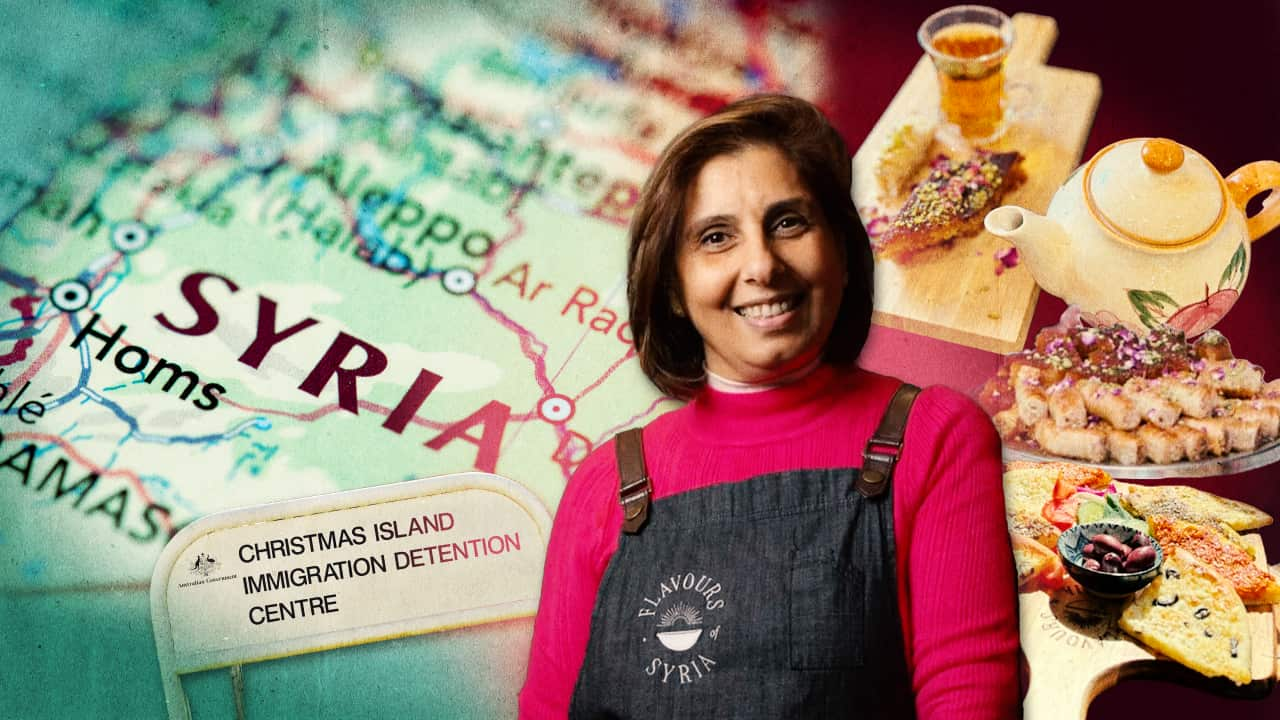Dr Maytham Hussein arrived in Australia in 2014 to complete his PhD at Monash University. He later joined a team of researchers at the University of Melbourne working to find effective treatments for antibiotic-resistant superbugs.
In a 2020 breakthrough, Dr Hussein and Associate Professor Tony Velkov, who are both research fellows in anti-infectives, discovered antibiotics to beat stubborn superbugs which may help fight COVID-19 health complications and pave the way for future treatments.
The weapon that the research team is using is called teixobactin, a naturally produced antibiotic that was first discovered by a team from Boston’s Northeastern University in 2015. The Melbourne team was the first to explain how teixobactin works against a superbug taphylococcus aureus, also known as MRSA, which is responsible for several difficult-to-treat infections in humans and seen in numerous cases during the COVID-19 pandemic.
The Melbourne team was the first to explain how teixobactin works against a superbug taphylococcus aureus, also known as MRSA, which is responsible for several difficult-to-treat infections in humans and seen in numerous cases during the COVID-19 pandemic.

Iraqi researcher Maytham Hussein Gharabi Source: Supplied
“We worked on a compound that is excreted naturally but in an unstable condition,” he said.
“We synthesised the compound in the lab through a series of chemical processes, and the result was almost 200 compounds, out of them only two worked, and at the end, we only used one.” Although researchers around the world are working with teixobactin, including Professor Kim Lewis who first discovered it, the research at Melbourne University had a number of unique elements.
Although researchers around the world are working with teixobactin, including Professor Kim Lewis who first discovered it, the research at Melbourne University had a number of unique elements.

Superbugs are strains of bacteria, viruses, parasites and fungi that are resistant to most of the antibiotics. Source: super bugs public domain-1
“This compound is the most stable one, and for the first time, it explains the reasons why bacteria can’t resist it," Dr Hussein explains.
"It is successful in every aspect from a pre-clinical trial point of view.”
The team is specialised in pre-clinical trials within the lab, but such a breakthrough can pave the way for a bigger change in the fight against superbugs.
“It can help pharmaceutical companies to produce similar compounds or even more advanced ones,” he said.
MRSA is responsible for 80,000 aggressive infections and 11,000 deaths in the US each year, according to the US Centers for Disease Control and Prevention (CDC).
It is no less dangerous in Australia, where MRSA is also a significant threat, the scientist insists.
The new compound can help by arming the current antibiotics to be more effective against these resistant bacteria.
“We can re-arm the current antibiotics and rebuild it with certain compounds so we would prevent bacteria from leeching on it and destroy it," Dr Hussein said.
“Bacteria usually excrete an enzyme that destroys a certain area in the antibiotic, so it is no longer effective.
“We managed to deceive the bacteria through what we call a suicide inhibitor, that poses as an antibiotic, so the bacteria would leech on it and destroy it, while in reality, the actual antibiotic is doing his job of killing bacteria, so we essentially deceived the bacteria.”
Despite the finding, Dr Hussein warns that the fight against superbugs is set to get worse before it gets better.
“It is expected that in 20 years’ time, the death toll because of simple infections will exceed the death toll of cancer.
“The misuse of antibiotics and its usage for everything is the reason bacteria developed a resistance to antibiotics.
“We see in the lab that we use four different antibiotics at the same time against the bacteria, and it is not enough to kill it, it comes back to developing its resistance in four hours, which is a very short time.”

Iraqi researcher Maytham Hussien in Australia Source: Supplied
Baghdad to Melbourne
Dr Hussein completed his education at the University of Baghdad and was teaching at the University of Babel before he arrived in Australia.
And although the research environment is different between the two countries, he managed to adapt quickly.
“There were 44 PhD students in my program but only two were asked to join the main research team," he said.
“There is a difference between here and Iraq in regard to the system and the resources, but I thank God, I did manage to adapt to the environment and got selected.
“I don’t think there is a difference between the Iraqi minds and the minds around the world, it is only a matter of resources and support. In addition to that, the funding system is different than Iraq, and that leads to more competition because the fund is not from the government, but rather from organisations that look to market the end products to multinational companies.”






